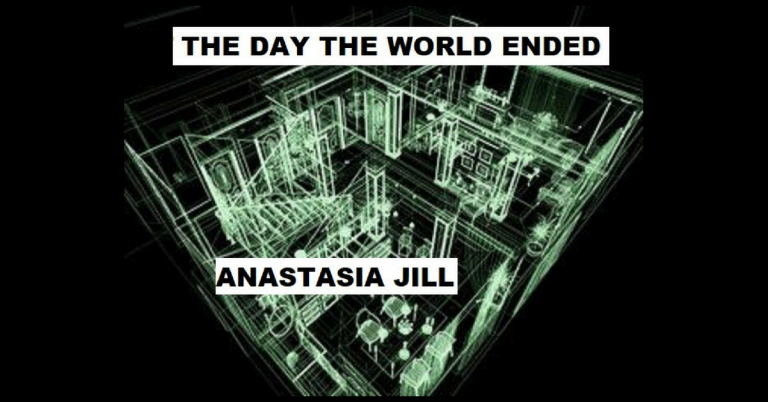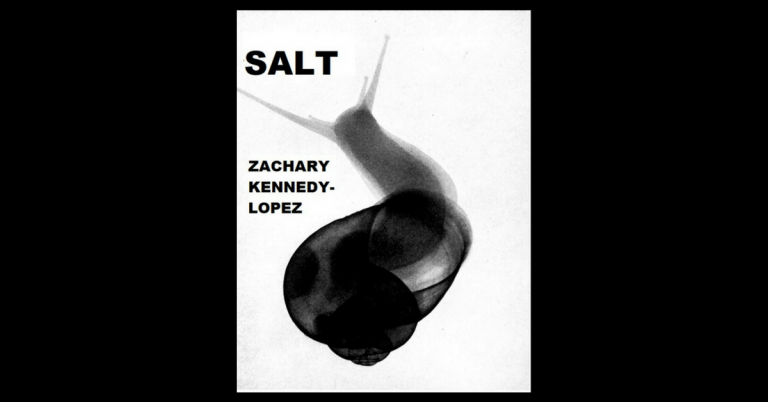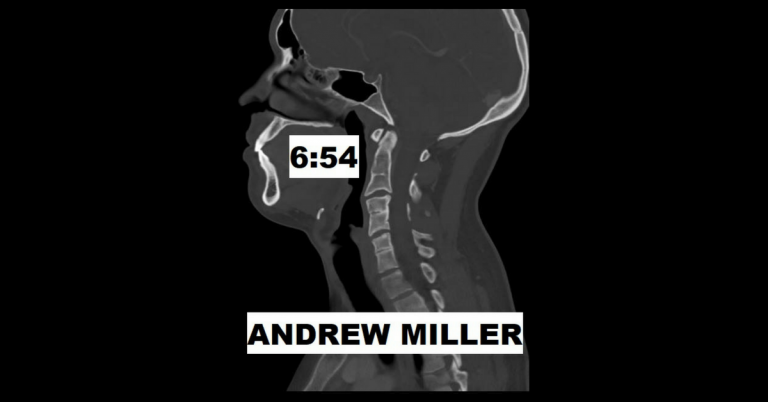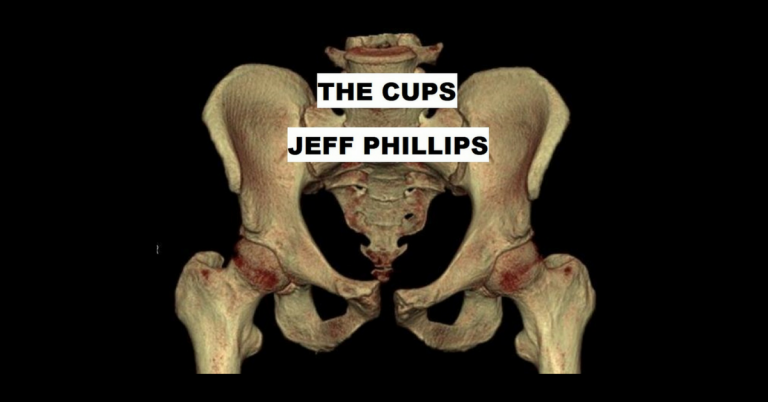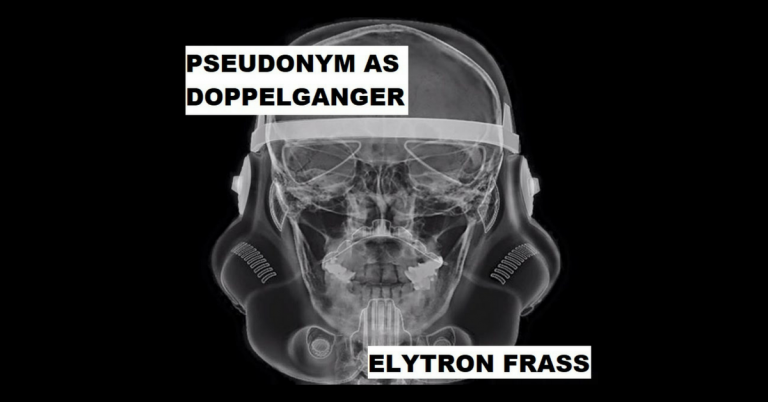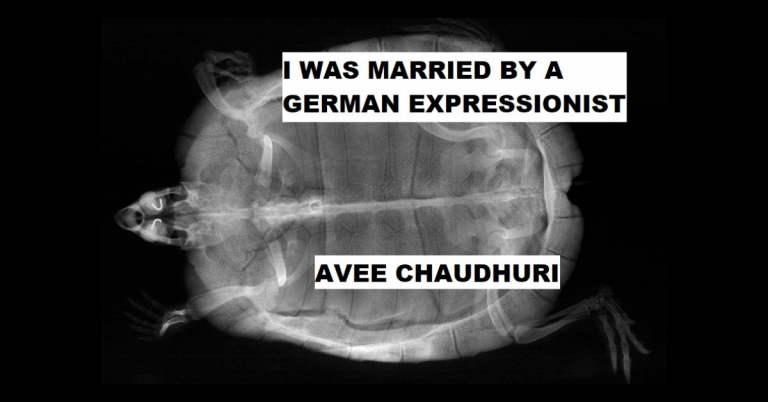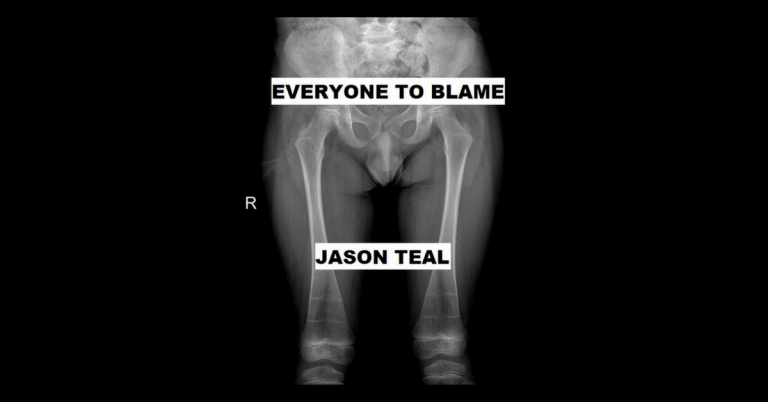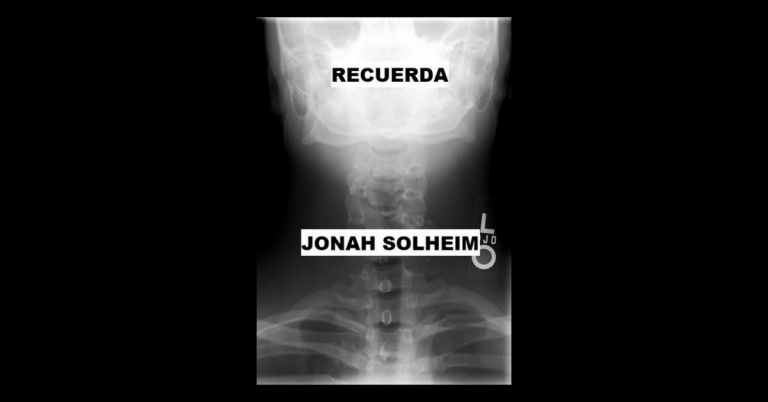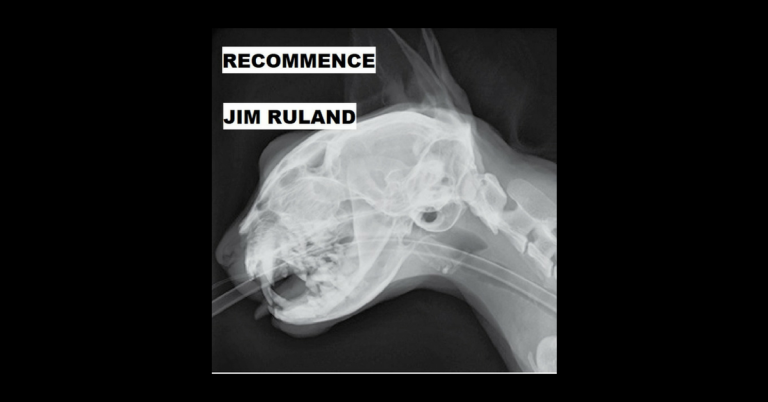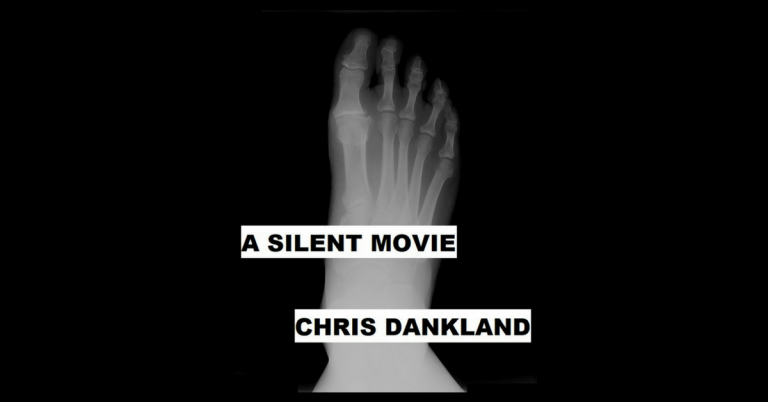
A SILENT MOVIE by Chris Dankland
On the sixth day, Victor started staring at Antoine's feet. A pang shot through him every time he saw Antoine's plump toes wiggle. They were soft, pampered feet that had only walked on the prostrate backs of others. I bet they're tender, thought Victor, licking his cracked and bleeding lips. Like the winged feet of Mercury, Antoine's feet had only trod the most rarefied of airs. He didn't even carry his fucking camera onto the boat, thought Victor, snarling. The chauffeur had done it.
Antoine appeared to be passed out. Not dead yet, his chest was still moving. But how close was he? Victor wondered. Close enough to not put up a fight when his foot got chopped off with an axe?
It was the sixth day that they'd been floating in the middle of the Gulf of Mexico with no gas, no food, and no water. Water water everywhere and not a drop to drink, like the fucking piece of shit junkie poet had said. Victor curled his bloody hateful lips. I oughta chop that cocksucker’s foot off on principle, he thought.
Antoine said he'd been inspired by Victor's red cringing face in the mirror when he was fucking his ass. You looked poetic back there, he'd said. So wild. And so lost. Can I make a film of you?
Will there be drugs? asked Victor. Antoine nodded. Will you suck my dick? asked Victor. Antoine nodded faster. Do I have to memorize a bunch of shit?
It'll be a silent movie, said Antoine. I'll make my own version of The Rime Of The Ancient Mariner. On my dad's fishing boat. I'll give you some mushrooms and we'll have it done before you start to come down.
That cocksucker didn't say he'd be taking mushrooms too, thought Victor. I thought he knew something about being in a boat. I thought he was used to it or something. I trusted him. When the sun started going down the first night, they decided to stay on the boat and fuck all night and watch the sunrise in the morning.
You killed me, Victor moaned. He was surprised by the sound of his own voice. It barely sounded human. It sounded like the whistling wind. You killed me, he moaned. Victor crawled under a tarp to keep the burning sun off his face. He drifted into utter darkness and void.
///
Six hours later, Victor started staring at the axe. The sun had gotten into his bones now, moving through the marrow like underground lava. He wasn't hungry anymore. He wasn't thirsty. He couldn't tell if Antoine was breathing anymore, or if he was dead. Victor sat up and the bright reflection of the sun slid across the axe's curve like a snake's tongue. He crawled over to the axe and grabbed the handle. It weighed much more than he'd expected.
///
Ten minutes later, Victor started staring at the foot. What the fuck am I gonna do with this, he wondered. He wasn't hungry. There wasn't any way to cook the foot. Antoine had rich boy toes, but it must be tough to bite into a human foot. The foot is not the part that a starving person should be eating anyway. Blood gushed from Antoine's stump. Well, he was dead for sure. Good fucking riddance. What a stupid idea this whole thing was. I can't even remember what the fuck happens in that poem, I was stoned when we covered it in high school.
Out of the corner of his eye, Victor spotted a giant fishing pole. I know what I'll do, he thought. He pulled back the skin on the foot and used the tip of the fishing hook to make a small hole in it, big enough to pull the line through. He snipped the end of the line with some pliers and tied it together.
He held the severed foot necklace up high, as though he was presenting it as some kind of sacred offering to the Gods. He slipped the necklace over his head. Victor's tragic death was completely pointless and insane. Why not embrace it.
FUCK YOU! he screamed, flipping off the sky.
///
Three hours later, Victor started staring at the sun. He couldn't move anymore. Flat on his back in the boat. Could barely breathe. Looking up. The severed foot necklace had oozed blood all over his body. Some thin worm-looking tendon had slipped out of the foot and fallen into his lap. Victor was waiting. The longer he stared at the sun, the blacker it got.
He'd dumped Antoine's body over the railing a few hours ago. He was tired of looking at it. What was the point of this idiotic death trip they'd taken? Did it mean something? Did it say something about Victor? About Antoine? About this miserable idiot universe? Was it...did it mean something, that ancient mariner bullshit? Was there a significance?
When you slowly die over a week, this is how you start to think. This is the train of thought that consumes you, chasing everything else away. What does it mean? What does it mean? What does it mean?
The big black sky started to pulse and turn slowly. Windy tentacles stretched out from its perimeter, slowly spinning. The sun was turning into some kind of whirlpool, some kind of gate. The ocean coiled into long spinning strings that were sucked up into the sky, down the black sun's devouring hole. Victor could feel the sun pulling at him too.
What's the symbolism? he moaned.
The boat slowly lifted up into the sky off the face of the waters. Caught in the whirlpool.
Is this it? thought Victor, panting. And nothing else answered? Nothing revealed, nothing shown? Nothing? Nothing? Nothing else answered. Just sucked up by the sun. What does it mean? Just nothing? Nothing? It's all just a big nothing? It's nothing?

